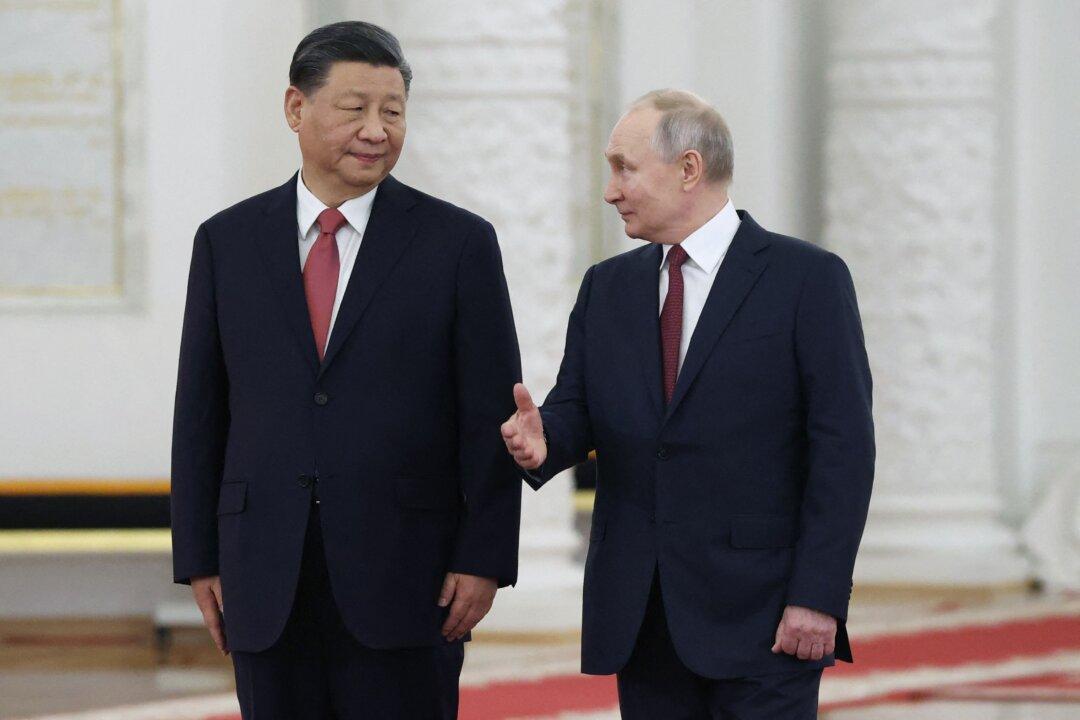Chinese leader Xi Jinping left Moscow on Wednesday morning, wrapping up a three-day trip that Beijing billed as a mission for peace.
Xi and President Vladimir Putin signed more than a dozen of agreements on Tuesday after what Xi described as “candid, friendly, and fruitful” talks in the Kremlin, cementing the “no limits” partnership the two leaders declared last February.




